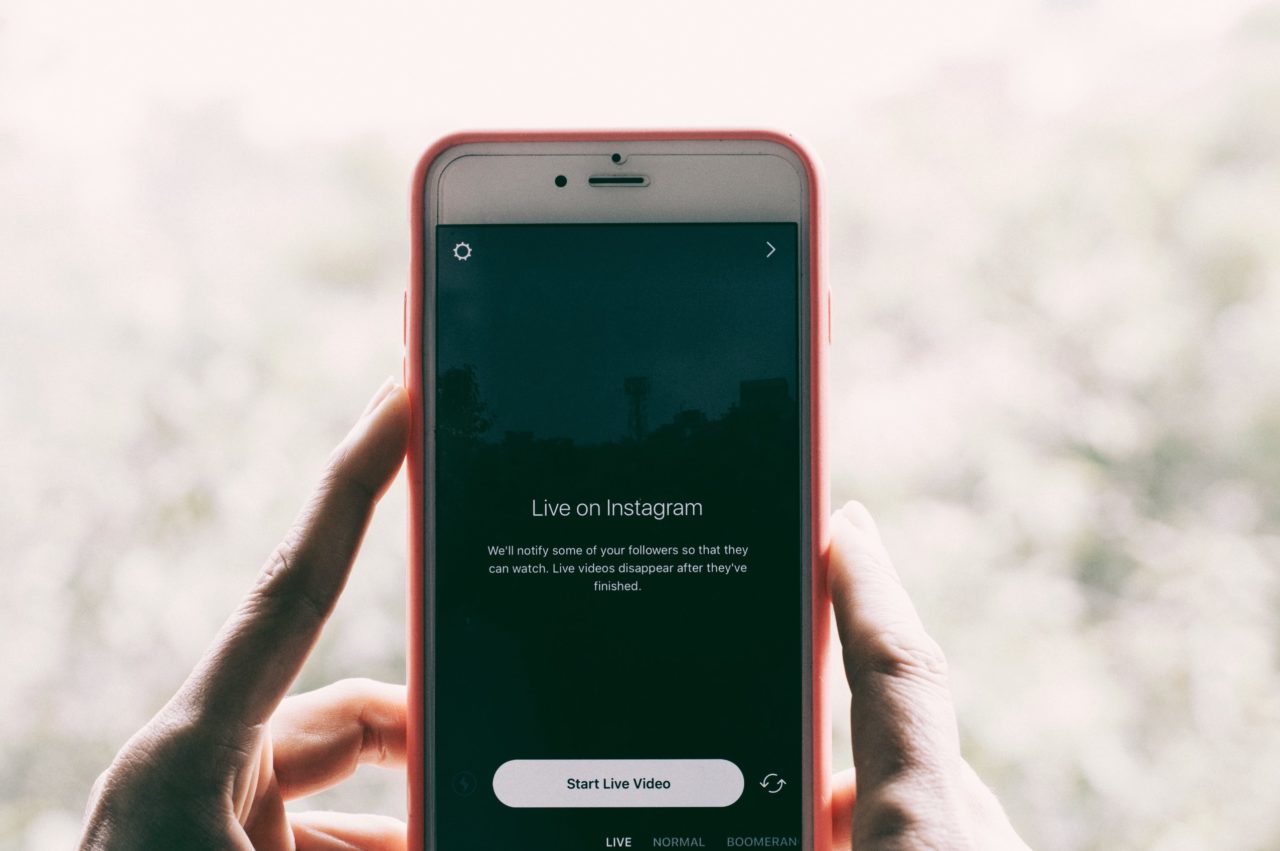Like me, like me not
In this post, Neha, an ISL student is giving some tips for other teenagers on the use of social media.
The digital landscape has put increased pressure on teenagers today, and we feel it. There are so many social media channels: Facebook, Instagram, Twitter, Snapchat, Pinterest, you name it.
Social media has become so ingrained in our daily life that we don’t even realize how much time we spend scrolling through digital feeds, photos, and walls. Between 2013 and 2016, the world’s social media usage went up by 18 percent.
Social media is addictive, that is clear from the sharp increase year after year in how much time we spend on it. But along with the cute cat photos, amusing hashtags, likes, and favorites, we’re seeing a new form of anxiety emerge. You’ve probably come across the term FOMO (fear of missing out). It’s a common feeling that emerges from our social media usage.
But it’s not just FOMO that’s got us anxious. Instead of just trying to keep up with our close friends and neighbors, we have a whole world of friends and contacts whose lives seemingly play out immediately before us. We have more digital “neighbors” than we can handle. A new study shows that the kinds of comparisons we make to others online are making us more depressed than those we make offline.

The problem is that we only see a tiny snapshot of people’s lives online, the highlight reel. So, while social media walls may make it look like everyone is winning at life except you, the fact is that most of those people’s lives never make it online.
Not only do we do most of our socializing online, but social media has now become a primary source of news for many people.
Also, before we used to spend our evenings in darkness, but now we’re surrounded by artificial lighting all day and night. Research has found that this can inhibit the body’s production of the hormone melatonin, which facilitates sleep. Blue light, which is emitted by smartphone and laptop screens, is said to be the worst culprit. In other words, if you lie on the pillow at night checking Facebook and Twitter, you’re headed for restless slumber.
So How to Avoid the Psychological Pitfalls of Social Media?
1. Set a limit for the time spent on social sites each day. If you spend two hours each day on social media, try cutting that time in half. You may be surprised to find that even when you set a limit that’s as seemingly drastic as halving the time you usually spend online, you won’t notice the difference. We tend to fall easily into mindless browsing mode with endlessly refreshing content on Facebook, Twitter, Instagram, etc. There’s no getting to the “end” of the updates. The more time you spend on these platforms, the more these companies make on ad revenue, so their goal is to get you to spend as much time as possible scrolling.
2. Change the way you use social media. Try limiting your social media usage to just reaching out to have a real conversation with a friend online. Use social media as a platform for adding to your real-life relationships, or facilitating real-world meetups (like planning events). Social media can also be a great way to access mental health resources, which in turn can have a positive effect on your wellbeing. Every time you end up on a social platform, ask yourself: What am I doing here? What is the purpose of this social media visit?
3. Establish news sources outside your social feeds. It’s common today for many people to get their news from social feeds. Having one source for our social interactions and news online may seem convenient, but it means that we can get distracted from our attempts to stay informed. When you separate your news sources from your social feeds, you reduce the likelihood of getting sucked into the abyss of social browsing.
Next time you want to check the top news stories of the day, head straight to the website of your favorite newspaper or online publication. Or tune into a news broadcast on TV.
So do you spend a lot of time thinking about social media or planning to use social media? Do you feel urges to use social media more and more? Do you often try to reduce your use of social media without success? Do you become restless or troubled if you are unable to use social media?
If the answer to all 4 of these questions is “yes”, then you may have or be developing an addiction to using social media. However, if you answered “yes” to a few of these questions, it is more likely that you a habitual social media user and that you should reduce the amount of time spent on social media.
The original post comes from this issue of the student’s school magazine The High







